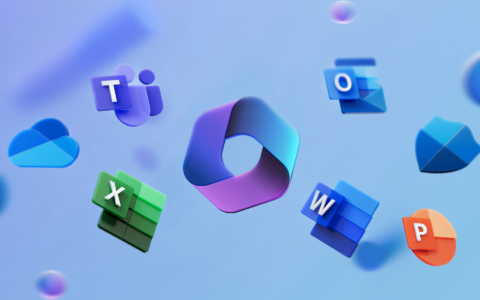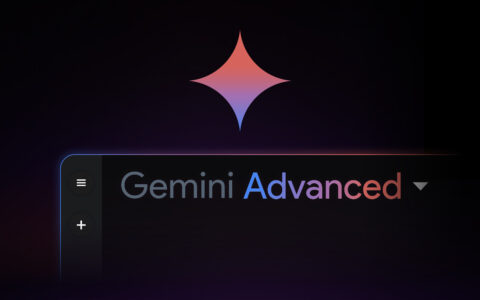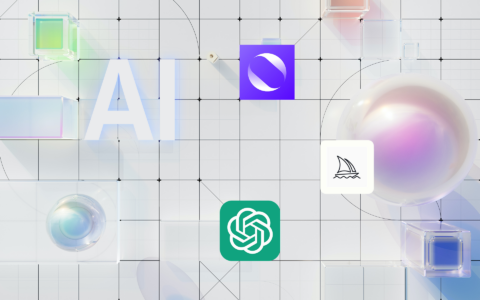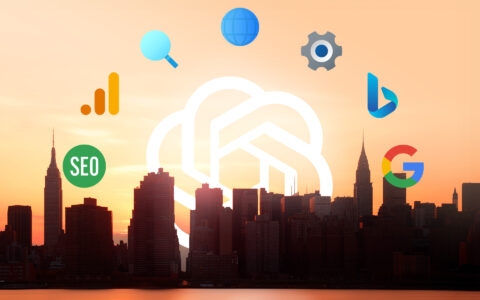July 2024 has been a whirlwind of technological advancements and one significant event. Here are the top tech stories that caught my eye.
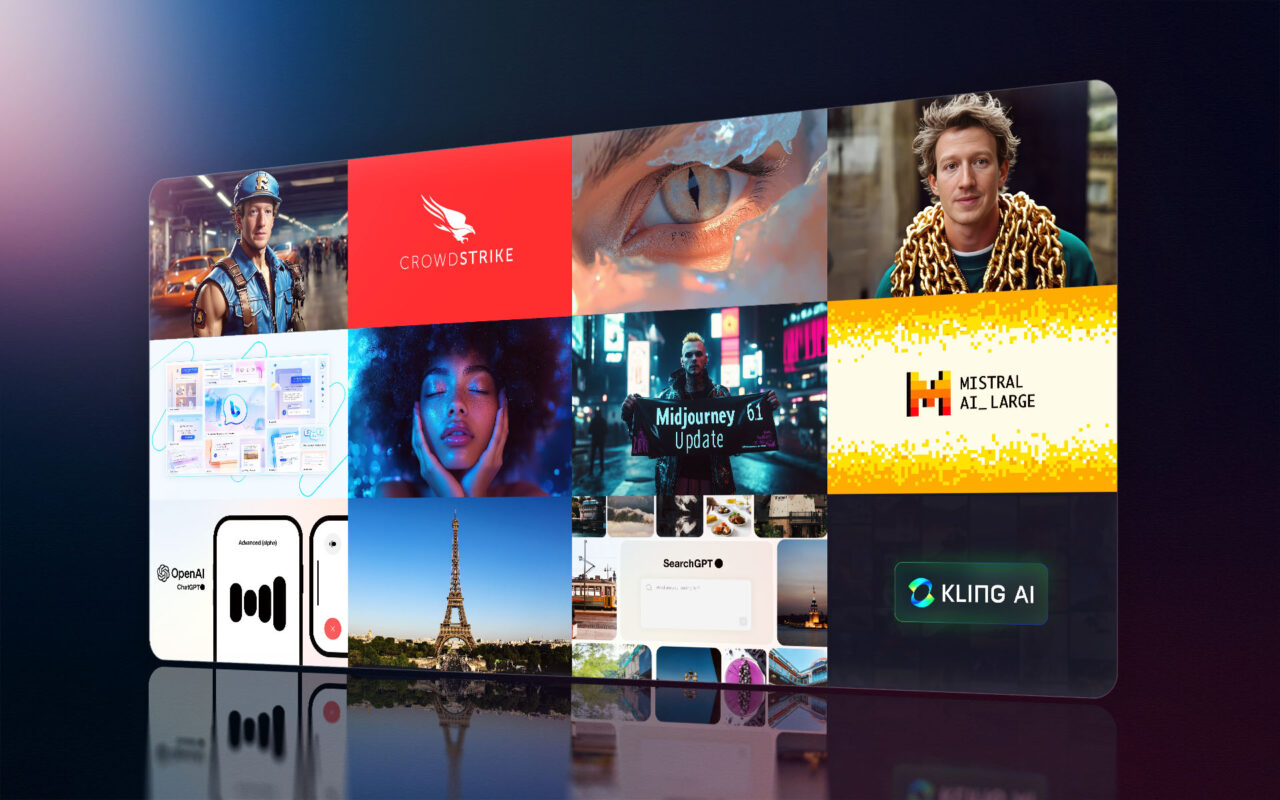
1. CrowdStrike IT Outage Affects Millions
A major IT outage caused by a corrupted software update from CrowdStrike disabled an estimated 8.5 million Windows devices globally. It was truly a catastrophe. This event is often referred to as the most disastrous cyber incident ever. This outage had substantial financial and social impacts, particularly on businesses utilizing essential services.
The aftermath triggered a wave of opportunistic cyber-attacks, leading to alerts about cybersecurity and recommendations. People had to depend exclusively on official CrowdStrike sources for updates and recovery initiatives.
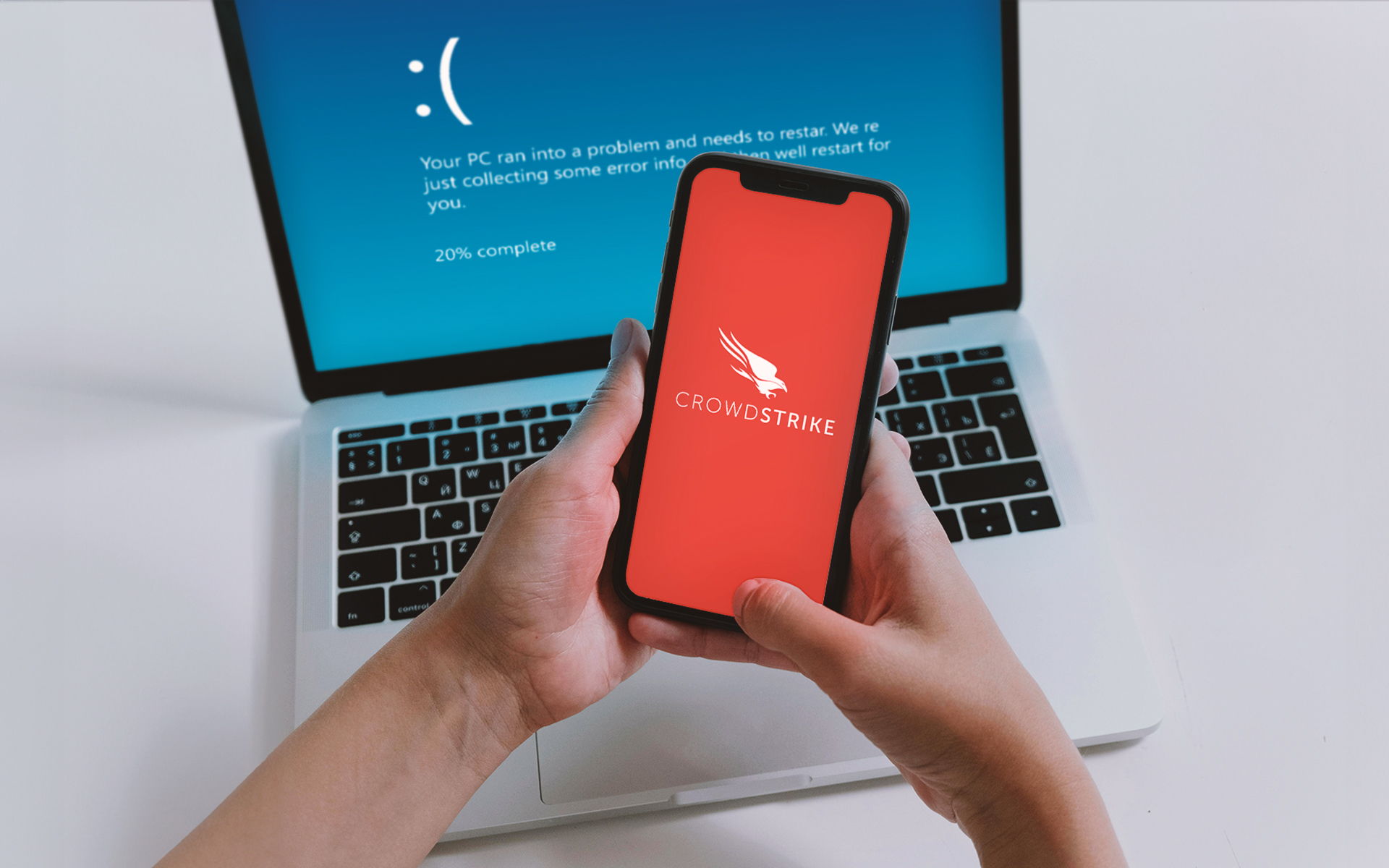
2. Mark Zuckerberg and Llama 3.1 405B
Meta has unveiled its latest AI behemoth, Llama 3.1 405B. And it is marking a significant advancement in artificial intelligence. This model is Meta’s largest and most powerful AI to date, boasting an impressive 405 billion parameters. It is designed to compete with the best closed-source models, such as OpenAI’s GPT-4 and Google’s Gemini 1.5.
One of the standout features of Llama 3.1 405B is its open-source nature. This will allow researchers and developers worldwide to access and build upon its capabilities.
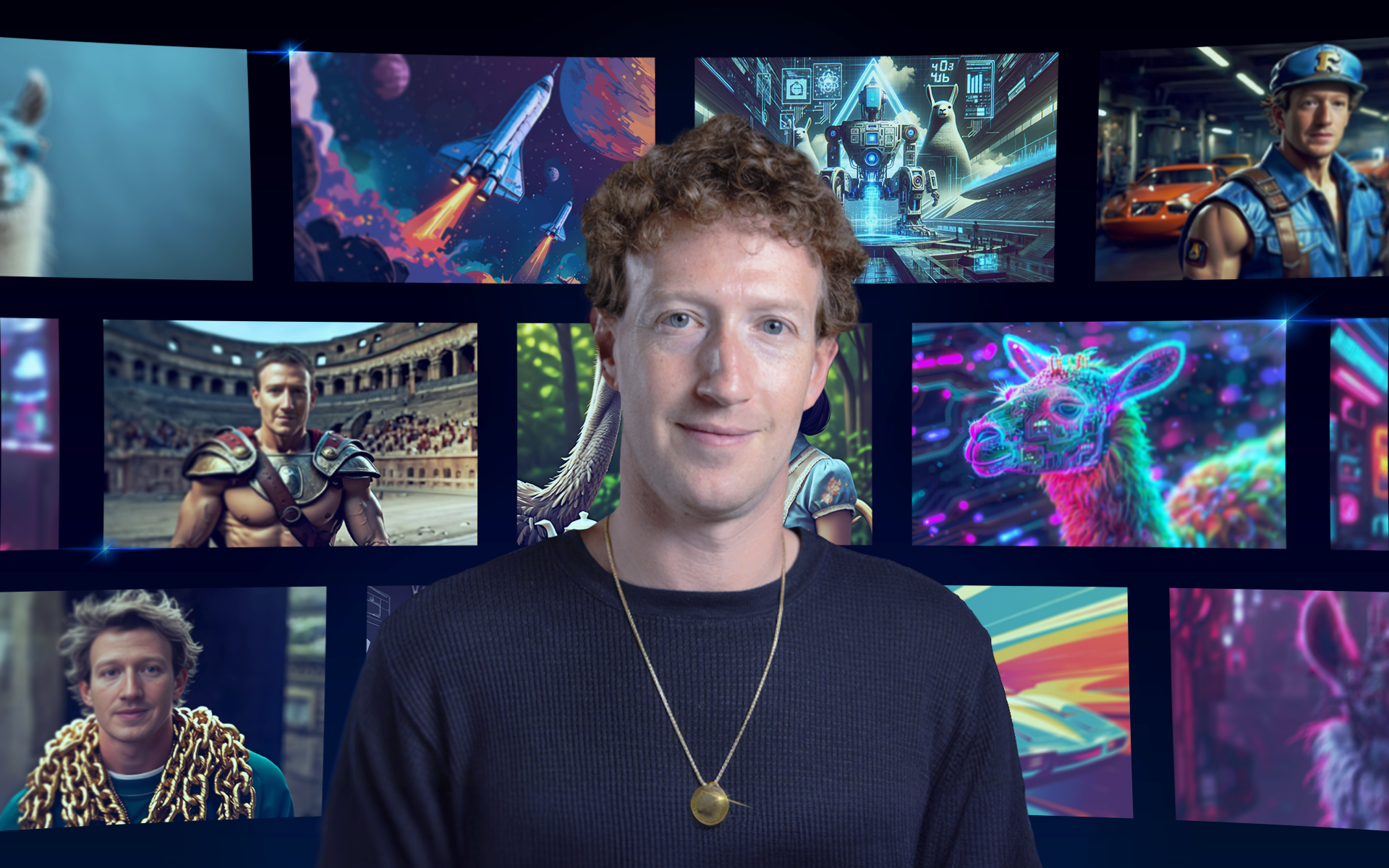
3. OpenAI Announces SearchGPT
OpenAI announced a prototype of its AI-powered search engine, SearchGPT. This change could compete with Google in the search engine market by providing a more conversational search experience.
SearchGPT is being tested with a small group of users and will be added to OpenAI's ChatGPT chatbot. You can join the waitlist here.
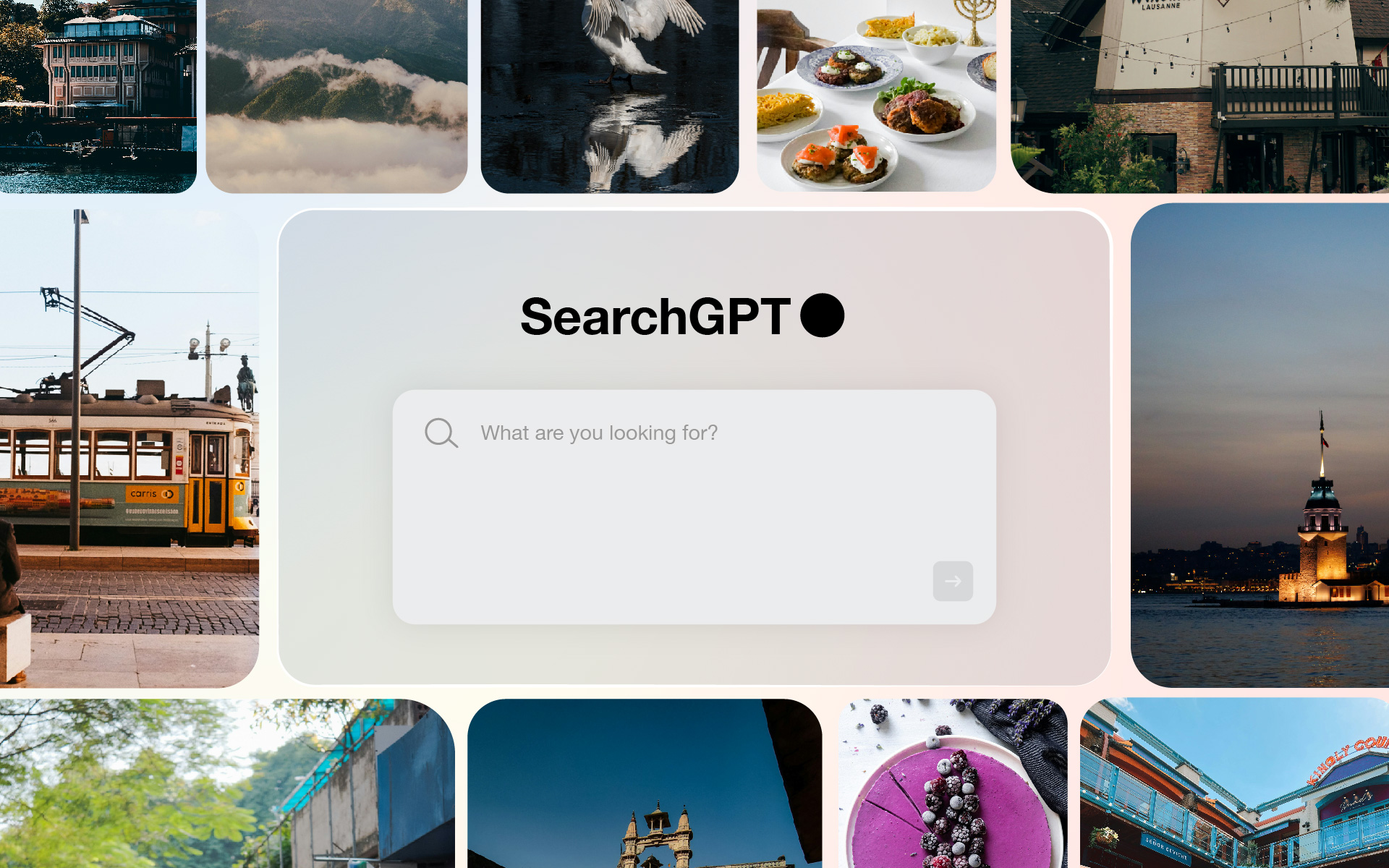
4. OpenAI’s Advanced Voice Mode
OpenAI has launched a new hands-free feature called “Advanced Voice Mode,” which aims to compete with Amazon Alexa and Apple’s Siri. The team released this feature a month behind schedule, but it is now available to a small group of ChatGPT Plus users.
This feature offers more natural and real-time conversations because you can interrupt the chatbot anytime. It even senses and responds to your emotions.
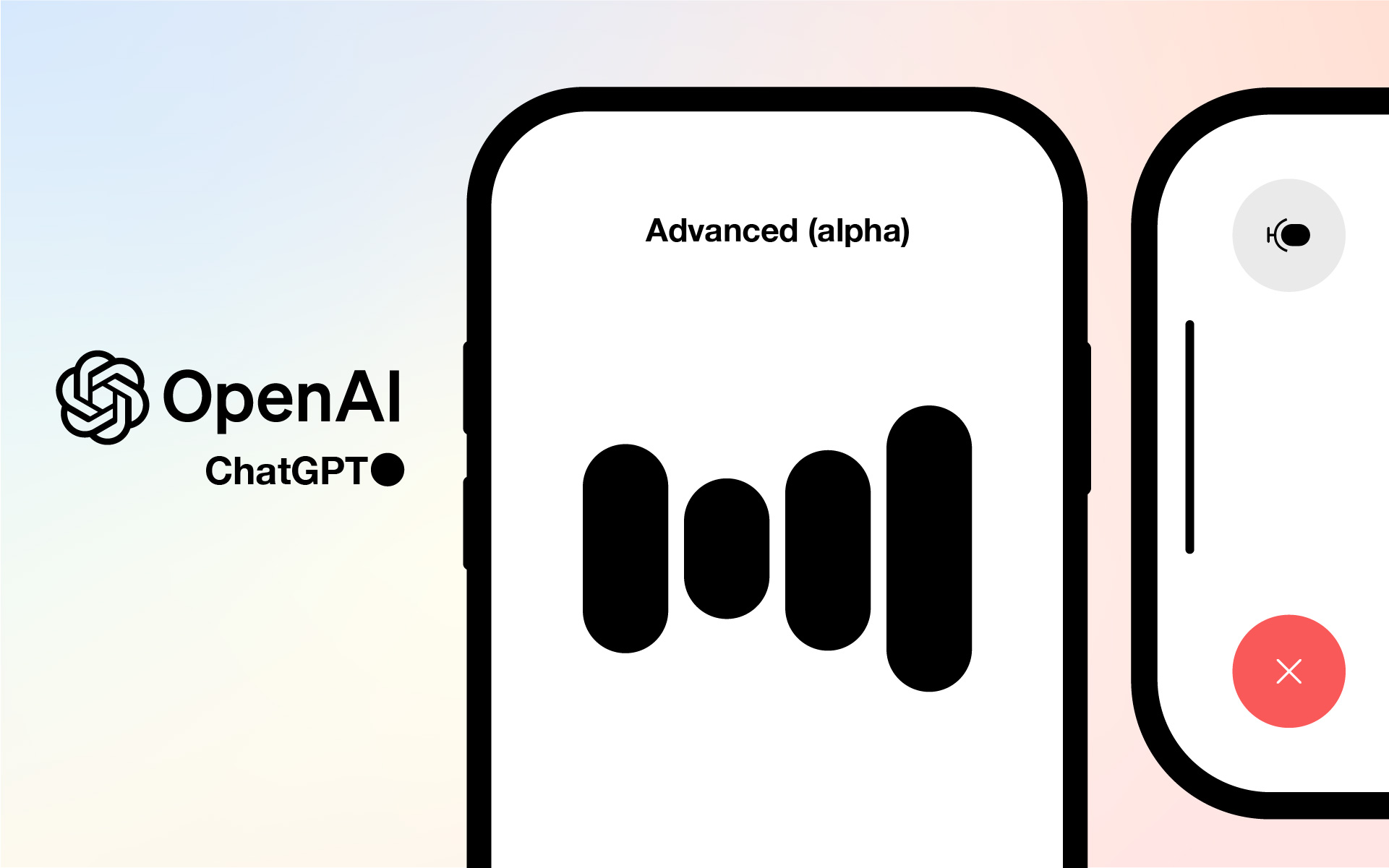
5. Bing is Prioritizing AI Search Results
Microsoft has announced a significant update to its Bing search engine. With this update, when users search, they will see an AI-generated answer at the top of the results page. This answer includes information from various sources. Traditional search results still exist but appear in a smaller right-hand panel.
This change is being rolled out to a limited number of users, with plans for broader availability soon. Notably, users don't have the option to disable these AI results.
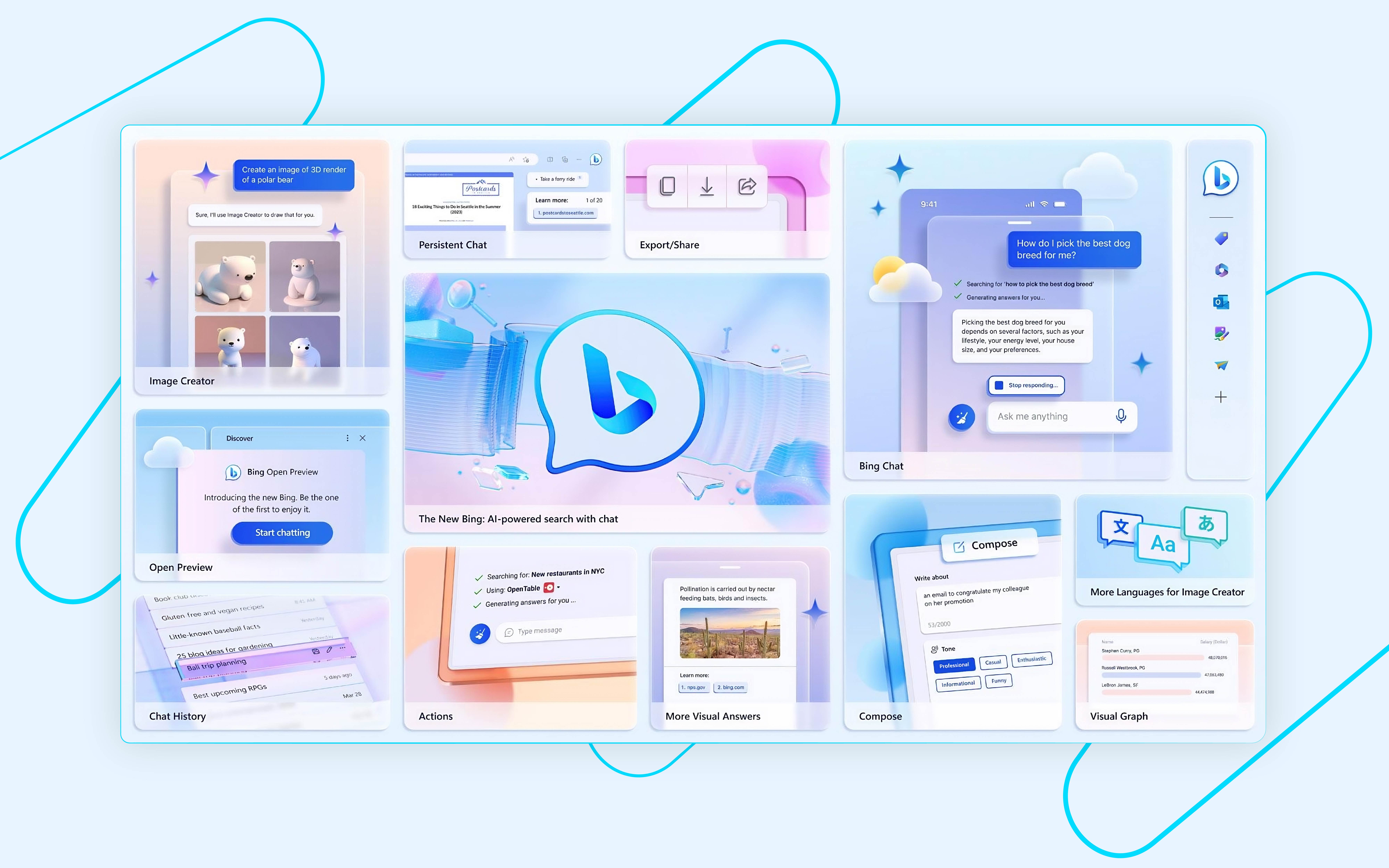
6. Intel AI and the Olympics
Intel is making a substantial contribution to the Paris Olympics. Their artificial intelligence is enhancing the experience for participants and sportspeople by offering prompt solutions to problems, boosting event orientation, and augmenting overall security.
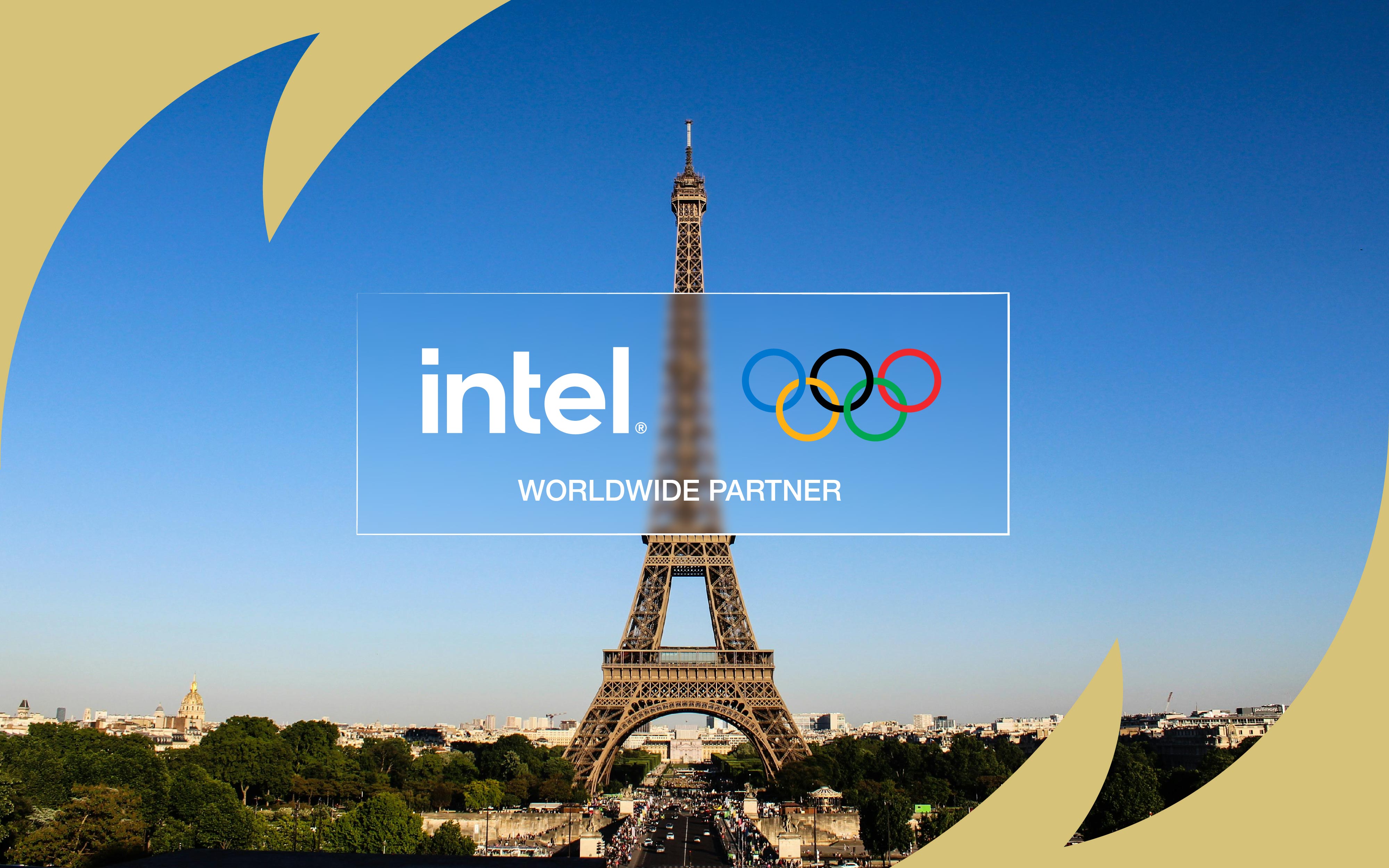
7. MidJourney V6.1 Released
MidJourney released its latest version, V6.1. This update improves image quality, generation speed, and text generation accuracy. It also introduces new features like the Quality parameter for higher-quality images and version management for personalization codes.

8. Kling AI: Advanced Text-to-Video Generation
Kling AI, developed by Kuaishou Technology, is a text-to-video generation model. It uses advanced mechanisms to create high-quality videos. This model can simulate real-world physical characteristics and generate cinema-grade videos with 1080p resolution.
The best part is that you can try it for free right away.
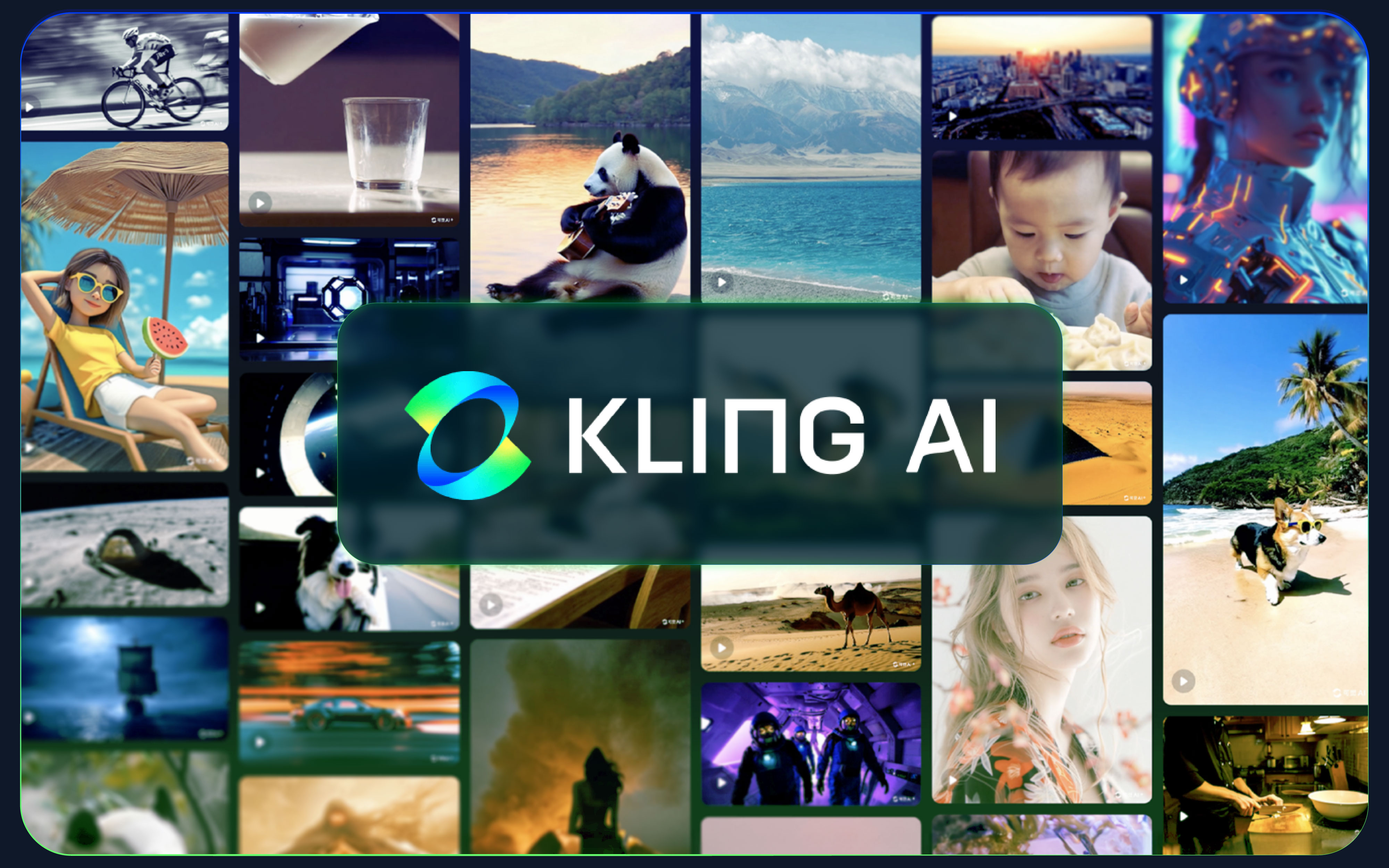
9. Mistral Large 2: The New AI Powerhouse
Mistral AI launched Mistral Large 2, a model that is great at creating code, math, and logic, and works with many languages. It aims to rival top-tier models like GPT-4o, Claude Sonnet 3.5, and Llama 3.1 405b. It offers improved performance and cost efficiency.
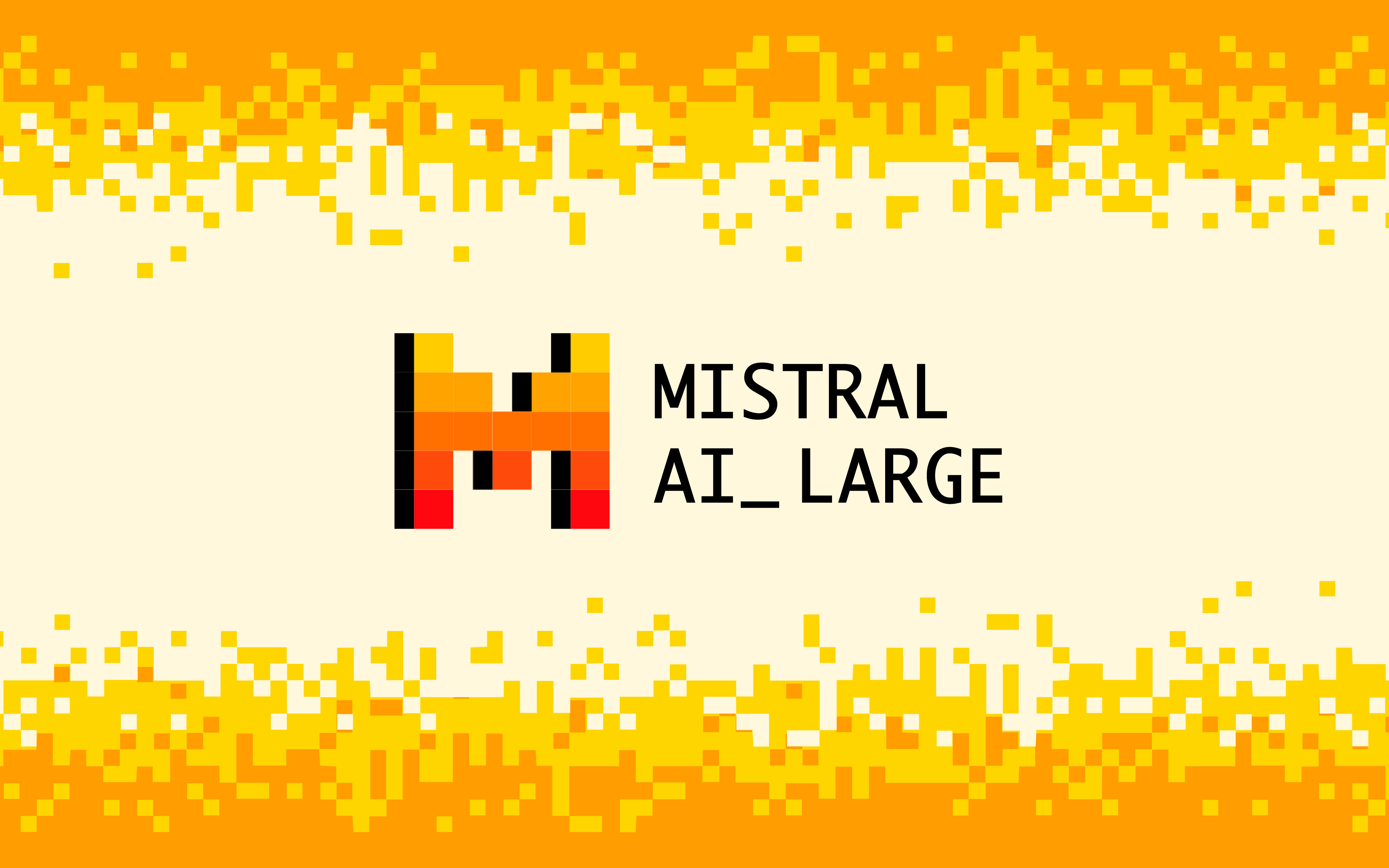
July 2024 Was a Month of Highs and Lows for Tech
The CrowdStrike IT outage was a glaring reminder of how dependent we've become on tech giants—and how vulnerable that makes us. It was a wake-up call for businesses and individuals alike to rethink their cybersecurity strategies.
On the other hand, Meta’s Llama 3.1 launch demonstrated the relentless pace of AI development, showing that open-source models could soon rival the best in the business.
For me, these stories aren’t just news—they are signals of where the industry is heading. We are seeing a shift towards more integrated AI experiences, whether through OpenAI’s conversational search engine or Bing’s AI-prioritized results. Yet, the risks are as real as the rewards.





